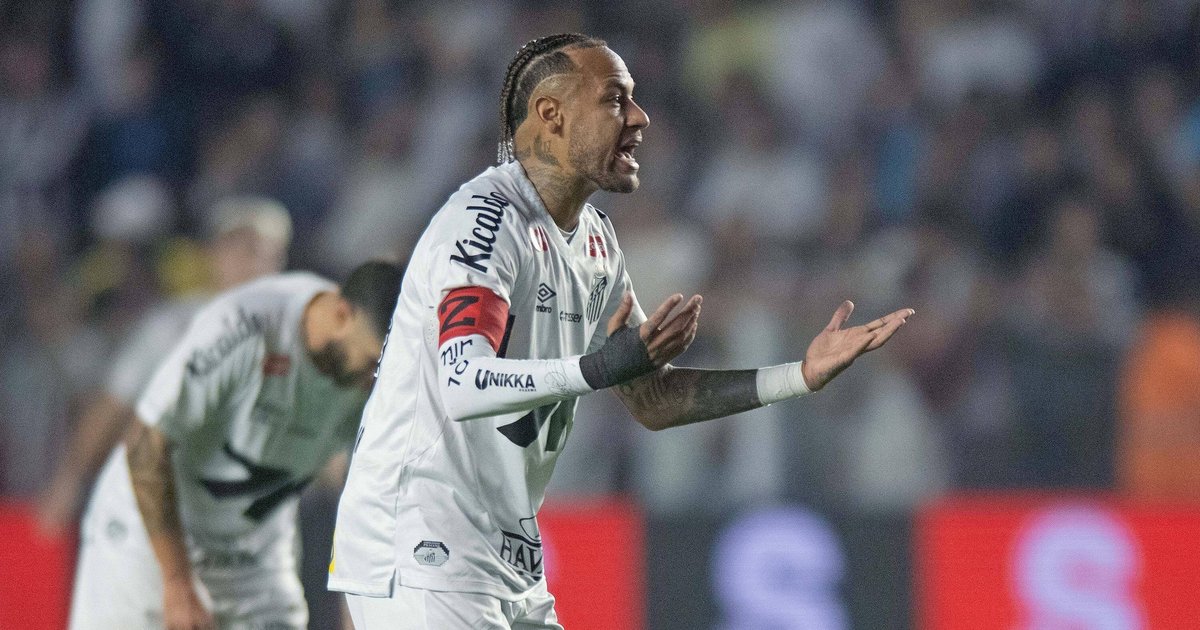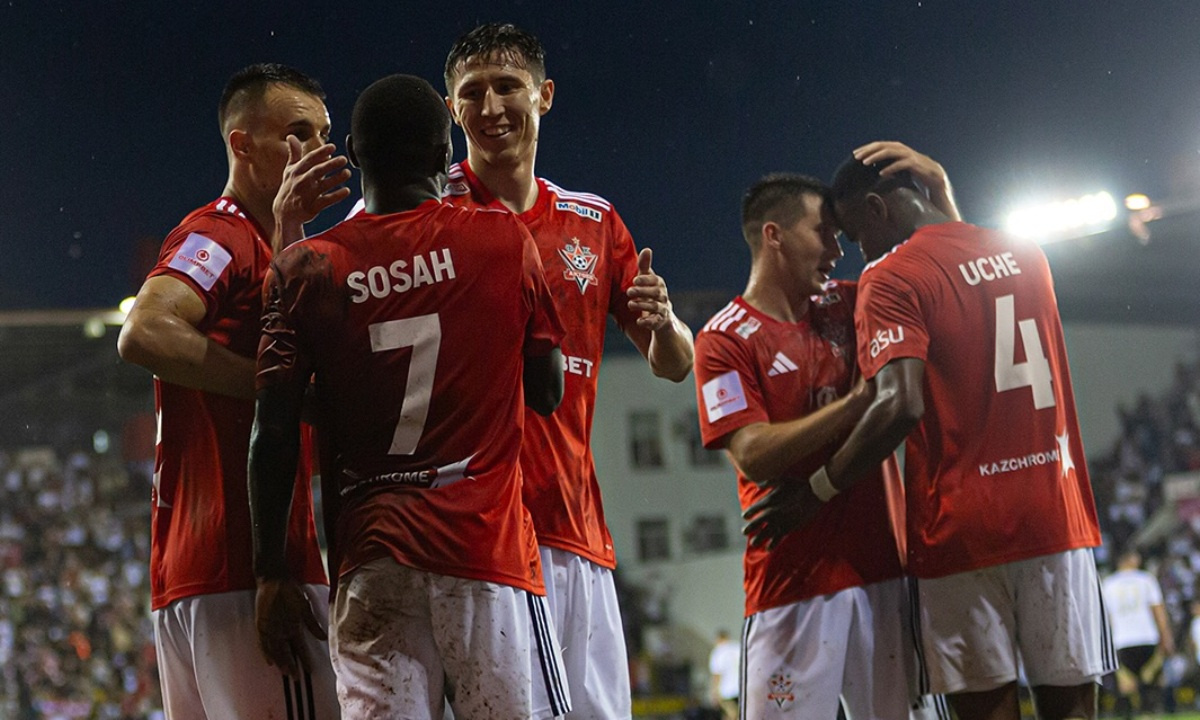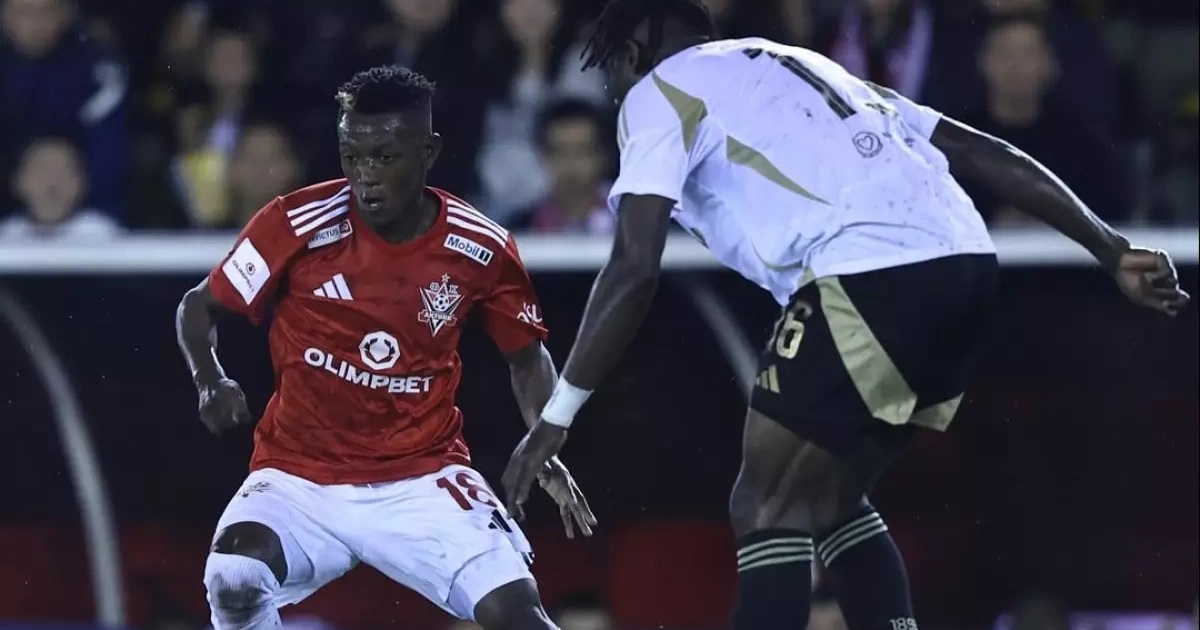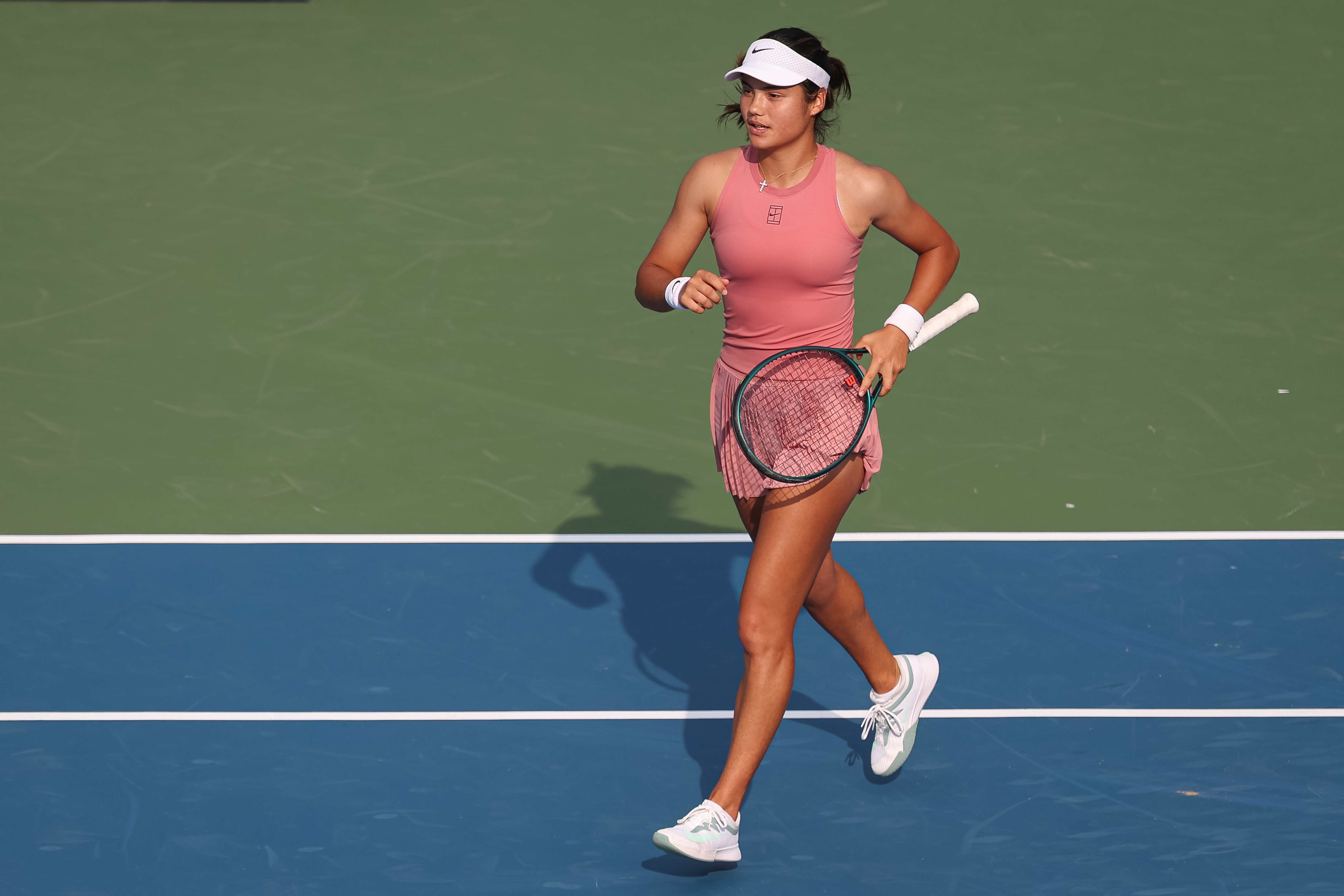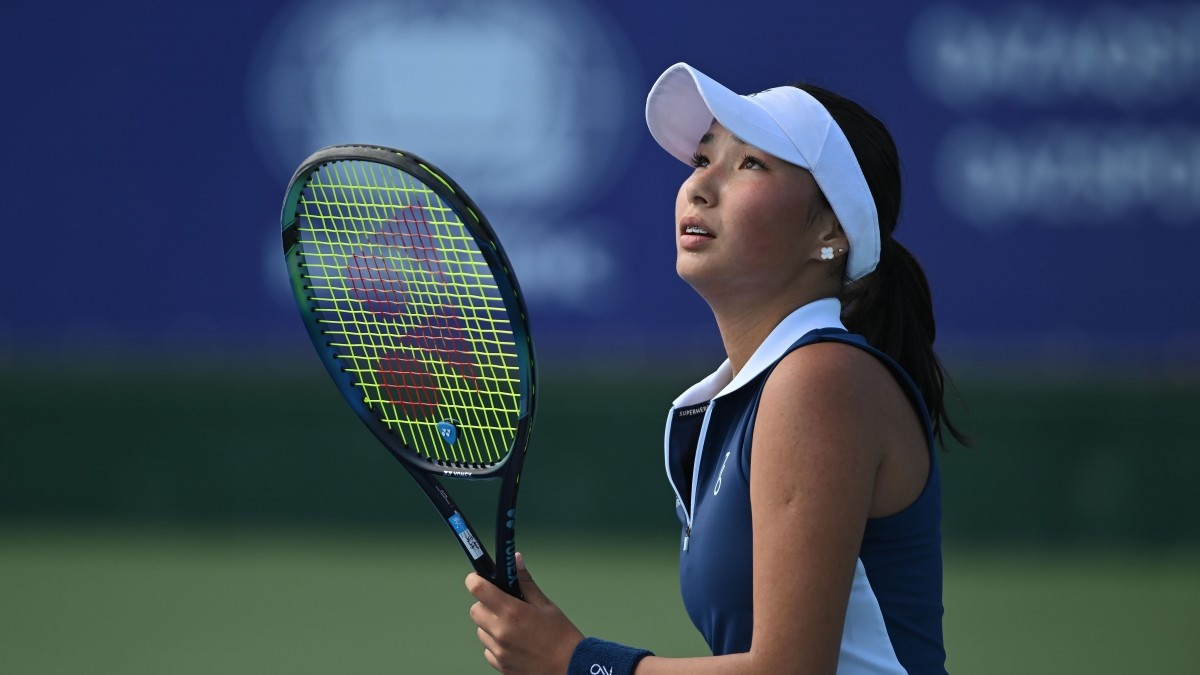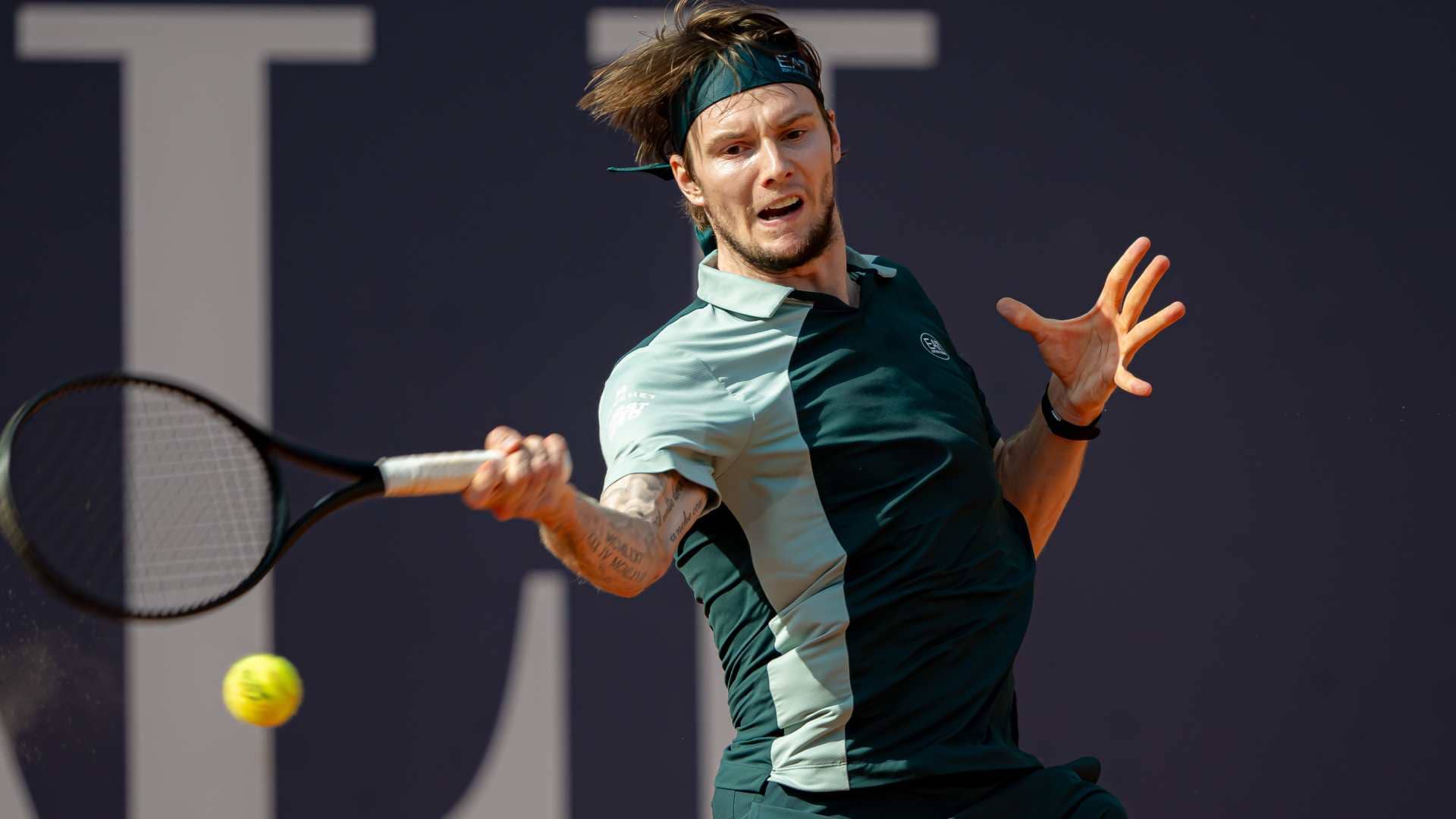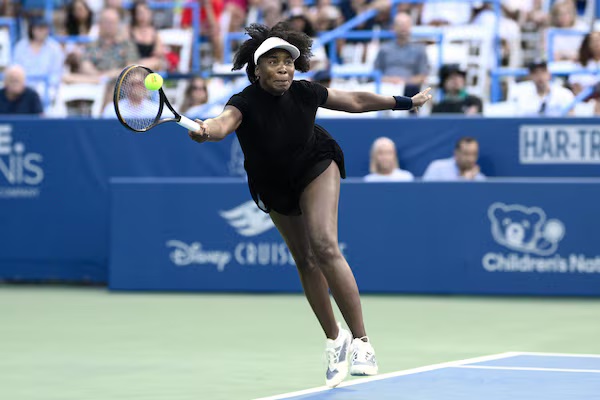Russia and North Korea have reaffirmed their alliance as "invincible brothers" during a strategic dialogue led by Russian Foreign Minister Sergei Lavrov and DPRK counterpart Choi Son-hee. Highlighting military cooperation, particularly in the Kursk region, Lavrov emphasized the role of Korean servicemen in recent operations. The discussions reflect a deepening partnership as both nations face increasing isolation from the international community.
Moscow and Pyongyang Forge Invincible Brotherhood Amid Strategic Dialogue
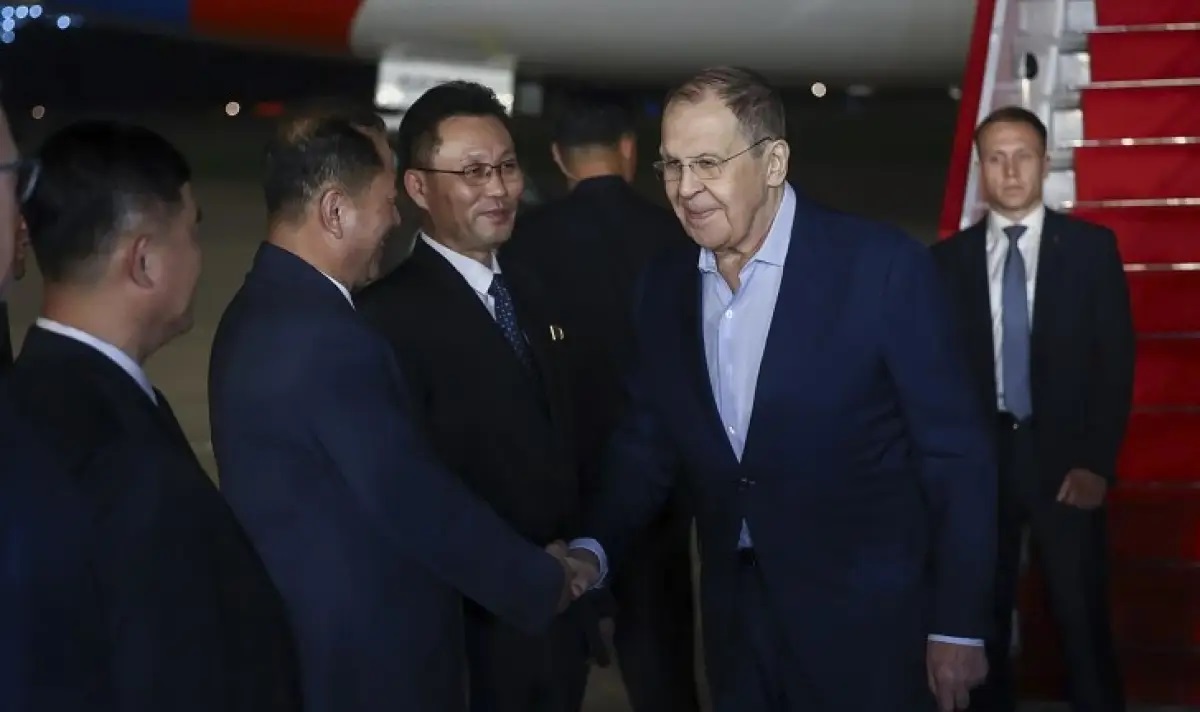

Moscow and Pyongyang Declare Invincible Brotherhood Amid Strategic Dialogue
In a significant development in international relations, Russia and North Korea have reaffirmed their commitment to a strong alliance, characterized as an "invincible brotherhood." This declaration comes amid ongoing strategic dialogues between the two nations, with notable emphasis placed on military cooperation, particularly in the context of the ongoing conflict in Ukraine.
Strategic Dialogue and Military Cooperation
Russian Foreign Minister Sergei Lavrov recently engaged in a second round of strategic dialogue with his North Korean counterpart, Choi Son-hee, during his visit to Wonsan. The discussions aimed to strengthen bilateral relations, which both parties describe as having evolved into a partnership of "indissoluble cooperation."
Lavrov highlighted the involvement of Korean People's Army (KPA) servicemen in efforts to liberate the Kursk region from Ukrainian forces, calling it a "direct confirmation" of the invincible brotherhood between the two nations. “During the first round of our strategic negotiations, you characterized our new basic strategic treaty as a solid foundation for invincible military brotherhood,” he stated. This assertion underlines the importance of military cooperation as a cornerstone of their relationship.
The Kursk Region: A Symbol of Cooperation
The Kursk region has gained particular significance in this context. Lavrov praised the "heroic servicemen" of the KPA, who, in conjunction with Russian fighters, have purportedly contributed to the liberation of the area from what he termed "Ukrainian Nazis." This language reflects the rhetoric commonly used by Russian officials to justify military actions in Ukraine.
The emphasis on military achievements in Kursk serves not only as a morale booster for both nations but also as a strategic narrative aimed at solidifying their alliance. By framing the cooperation in this manner, both Russia and North Korea seek to showcase their military readiness and commitment to mutual defense.
Unconditional Support for Russia
Choi Son-hee reaffirmed North Korea's unwavering support for Russia's policies, particularly regarding territorial integrity and sovereignty. She stated, “The strategic choice and will of the DPRK government to defend, unconditionally and unwaveringly support Russia's policy of protecting state sovereignty and territorial integrity” illustrates a deep-rooted commitment to their alliance.
This declaration is particularly poignant given the current geopolitical climate, where both nations face isolation from the international community. The DPRK’s steadfast support for Russia serves as a counterbalance to Western pressures and sanctions imposed on both countries.
Lavrov's Asian Tour
Lavrov's visit to North Korea is part of a broader diplomatic tour in Asia, which included participation in ministerial meetings in Malaysia focused on ASEAN relations. This tour underscores Russia's efforts to strengthen its ties in Asia amid growing tensions with Western nations.
The timing of Lavrov's visit to North Korea is significant, as it comes at a moment when both countries are seeking to reinforce their strategic partnerships. The discussions in Wonsan reflect a mutual interest in deepening economic and military cooperation, which is crucial for both nations as they navigate their respective challenges.
Expanding Cooperation
The dialogue between Moscow and Pyongyang aims not only to enhance military collaboration but also to expand traditional relations in various sectors, including trade and technology. Choi emphasized the desire to develop friendship and cooperation in all areas, indicating that the partnership extends beyond military alliances.
The historical context of Korean-Russian relations adds another layer to this cooperation. Both nations have a long history of interactions, and the current geopolitical landscape has prompted a reevaluation of their strategic priorities. As they confront common challenges, their alliance could potentially reshape the balance of power in the region.
Historical Significance
The recent statements made by Lavrov and Choi mark a pivotal moment in Korean-Russian relations. The acknowledgment of military cooperation in the context of the Kursk region is not merely a tactical maneuver; it symbolizes a broader historical shift towards a more formalized alliance. This partnership may pave the way for new forms of collaboration that could impact regional stability and security.
Choi described the involvement of the DPRK armed forces in operations to liberate the Kursk region as an "important historical event," indicating that this cooperation is viewed as a foundational moment in the evolution of their alliance. The rhetoric surrounding this cooperation serves to galvanize support within both countries and reinforce their commitment to one another.
Conclusion
As Russia and North Korea solidify their "invincible brotherhood," the implications of this alliance extend beyond mere military cooperation. The strategic dialogue and mutual support reflect a shared resolve to confront external pressures and enhance their geopolitical standing. In an increasingly polarized world, the evolving relationship between Moscow and Pyongyang may present new challenges and opportunities, shaping the future dynamics of international relations in the region.

 বাংলা
বাংলা  Spanish
Spanish  Arabic
Arabic  French
French  Chinese
Chinese 
